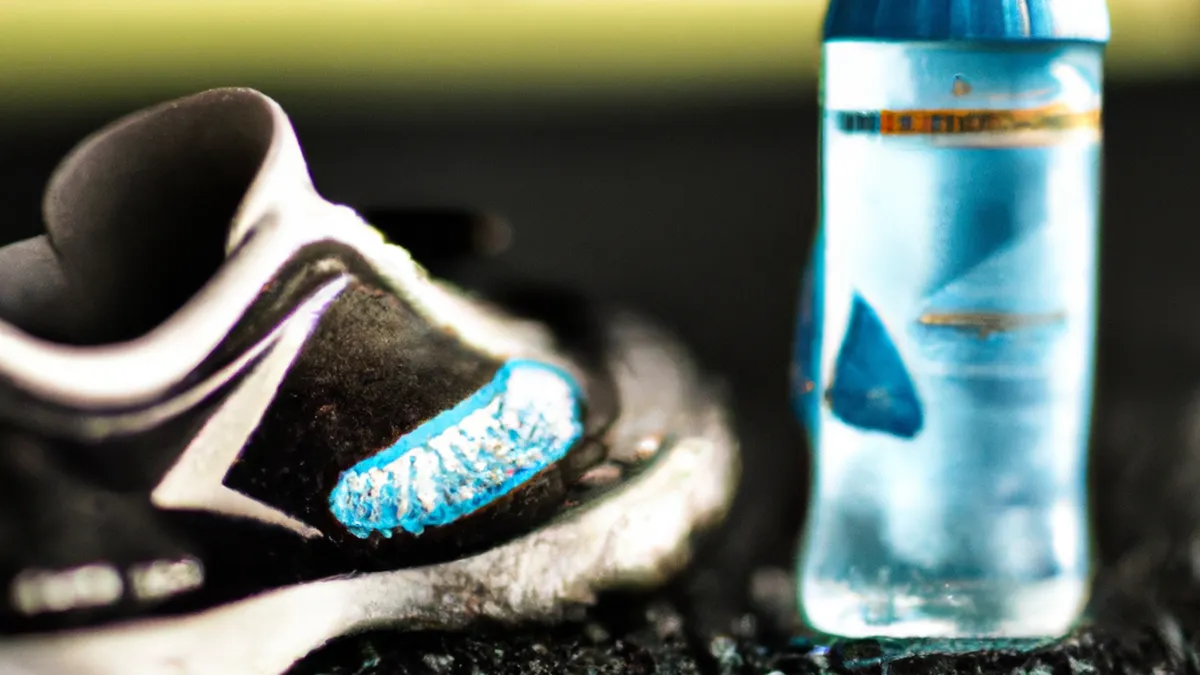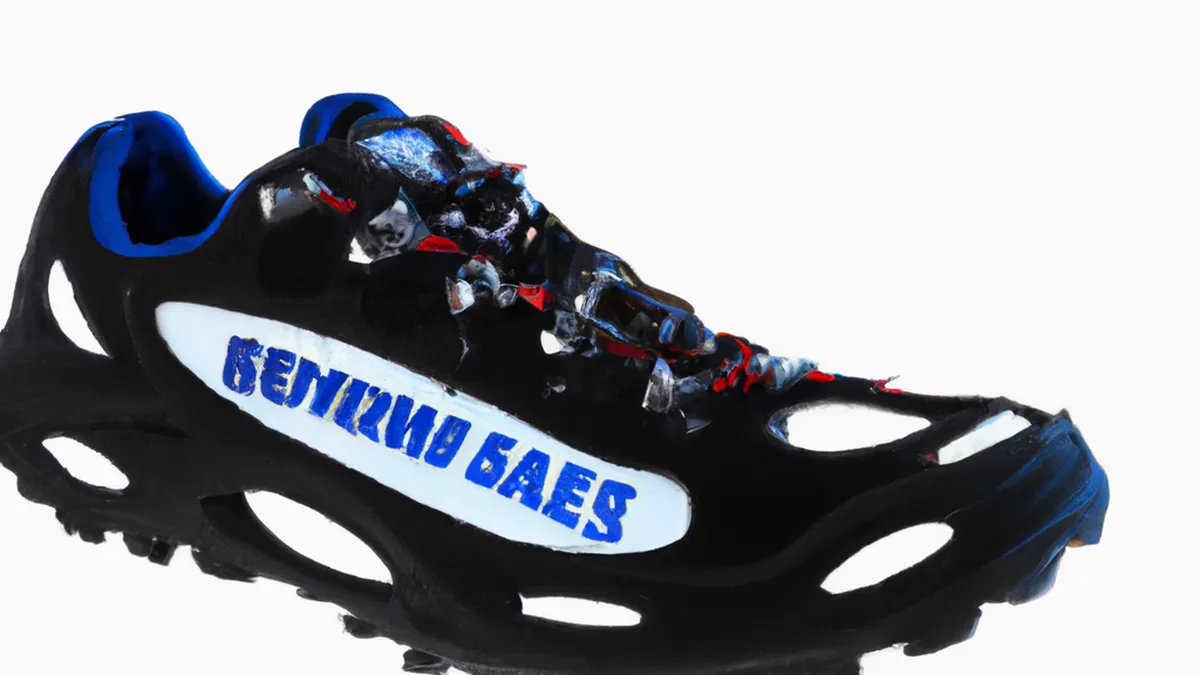In the Zone: Hydration during the Run
Hydration Tips During RacesRaces can excite and exhaust athletes. Proper hydration ensures optimal performance and prevents health issues. Dehydration causes fatigue, cramping, dizziness, and reduced focus, affecting race outcomes. Understanding effective hydration makes a significant difference. Here are tips to help you stay hydrated during races.
Understand Your Hydration Needs
Every athlete’s hydration needs vary based on temperature, humidity, fitness level, and race distance. For example, a marathon runner needs more hydration than a sprinter in a 100m dash.
Calculate Your Sweat Rate
Determine your sweat rate before the race. This method helps gauge fluid loss during exercise. Weigh yourself without clothes before and after a one-hour training session. For every pound lost, drink about 16-24 ounces of water or an electrolyte drink. This calculation personalizes your hydration strategy.
Monitor Your Urine Color
Check your urine color to assess hydration. Aim for a pale yellow tint, indicating proper hydration. Dark urine signals dehydration, while clear urine suggests overhydration. Regular monitoring helps adjust fluid intake and provides quick hydration status feedback.
Hydration Strategies for Race Day
As an Amazon Associate I earn from qualifying purchases.
Gear tip: consider gps running watch, heart rate strap, and hydration vest to support this topic.
On race day, plan a clear hydration strategy. This preparation helps avoid surprises. Consider these effective hydration strategies:
Drink Before You Start
Hydrate before the race starts. Drink about 16-20 ounces of water or a sports drink 1-2 hours prior. This hydration prepares your body for exertion and prevents early fatigue.
Use Aid Stations Wisely
Most races offer aid stations with water and electrolyte drinks. Familiarize yourself with their locations and offerings. Grab fluids as needed, but also carry a hydration pack or water bottles. This way, you can drink at your own pace.
Take Small Sips Regularly
During the race, take small sips every 15-20 minutes. This method maintains hydration without overwhelming your stomach. Chugging large amounts can cause bloating and cramping. Regular small sips are key.
Adjusting Hydration for Weather Conditions
Weather significantly affects hydration needs. Hot, humid conditions increase fluid requirements, while cooler weather may lower them.
Conclusion
Proper hydration enhances performance and overall experience during races. Use these tips to ensure you stay at your best.
Below are related products based on this post:
FAQ
What are the signs of dehydration during a race?
Dehydration can lead to fatigue, cramping, dizziness, and reduced focus, all of which negatively impact race performance. Monitoring your body’s signals is essential to address hydration needs promptly.
How can I calculate my sweat rate?
To calculate your sweat rate, weigh yourself without clothes before and after a one-hour training session. For every pound lost, you should drink about 16-24 ounces of water or an electrolyte drink to personalize your hydration strategy.
What should I drink before a race?
It is recommended to drink about 16-20 ounces of water or a sports drink 1-2 hours before the race starts. This preparation helps hydrate your body and can prevent early fatigue during the event.















Post Comment